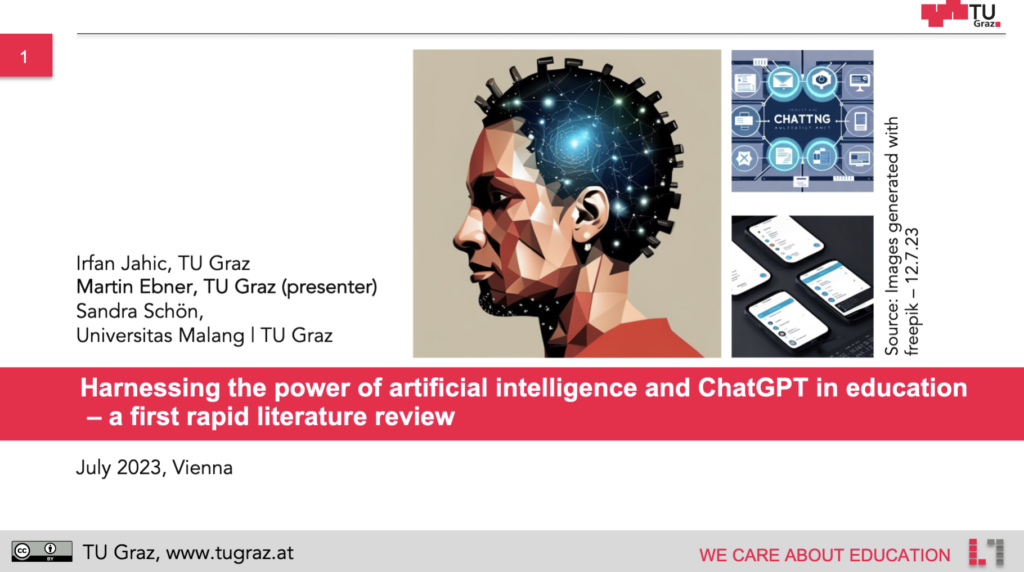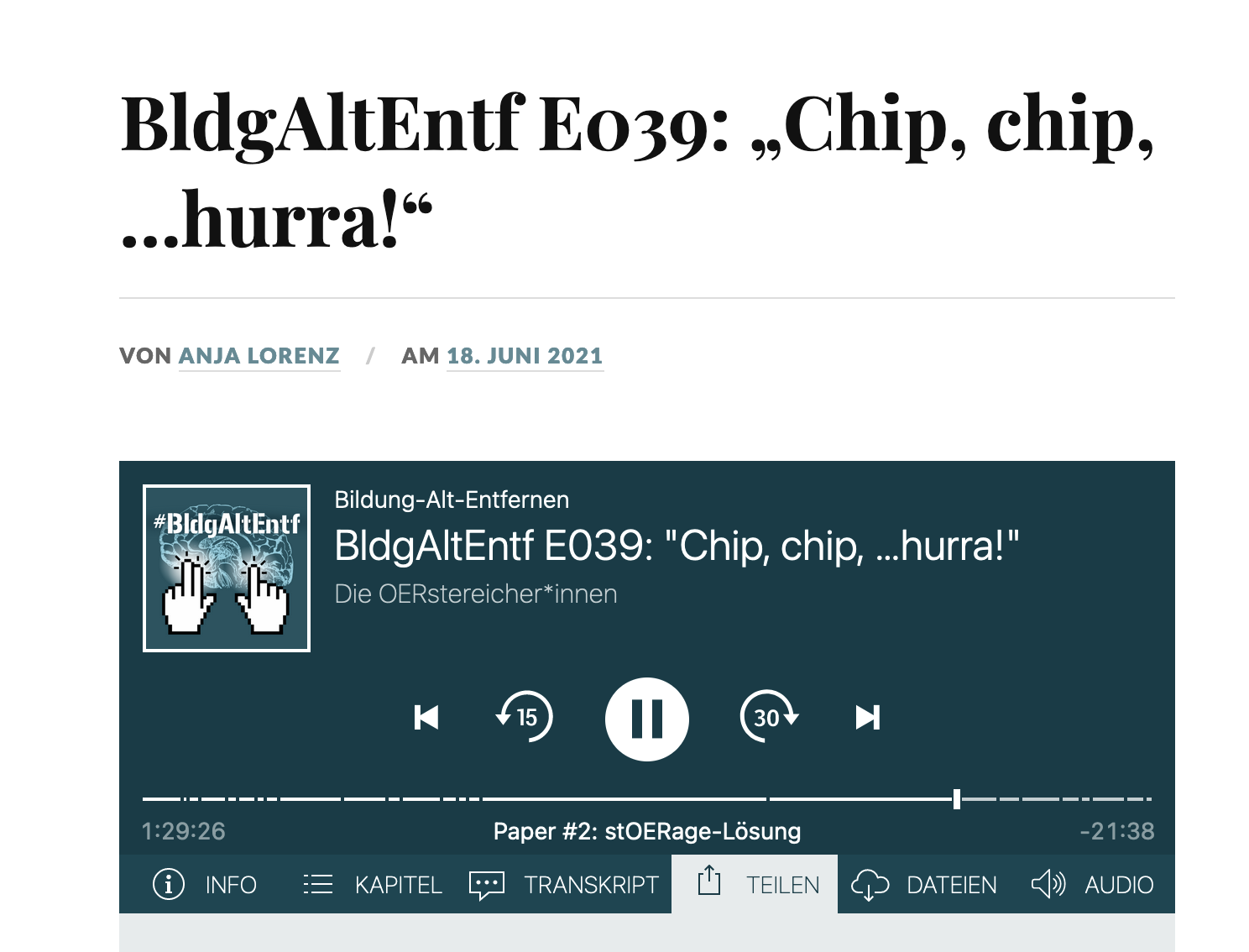This is an impactful contributions, methodological rigor, and exceptional novelty in the research field of AI in education and Self-Regulated Learning.
Our research work titled „Empowering Self-Regulated Learning Through Technology and the Teacher’s Role – A Systematic Literature Review“ is published.
Abstract:
Self-regulated learning (SRL) has been demonstrated in numerous scientific studies as an effective alternative to traditional teaching methods, fostering individual learning processes. The added value of educational technology in supporting SRL has also been widely researched and largely validated. Within this context, the teacher plays a pivotal role. However, much of the existing research has been conducted at universities , while the secondary education level has received comparatively less attention. To gain an overview of the teacher’s influence on students‘ SRL processes, a PRISMA based systematic literature review was conducted. From an initial pool of 553 documents, 27 relevant studies were identified and analyzed. The selected studies were examined to collect data addressing the research questions, focusing on identifying effective teaching methods and essential teacher competencies for fostering SRL in technology-enhanced classrooms. Furthermore, the analysis highlights the evolving role of teachers and underscores the need for additional training to support these changes.
[full article @ publisher’s website]
[draft @ researchgate]
Reference: Geier, G., Ebner, M., Burgsteiner, H. (2025). Empowering Self-Regulated Learning Through Technology and the Teacher’s Role – A Systematic Literature Review. In: Smith, B.K., Borge, M. (eds) Learning and Collaboration Technologies. HCII 2025. Lecture Notes in Computer Science, vol 15807. Springer, Cham. https://doi.org/10.1007/978-3-031-93567-1_5


